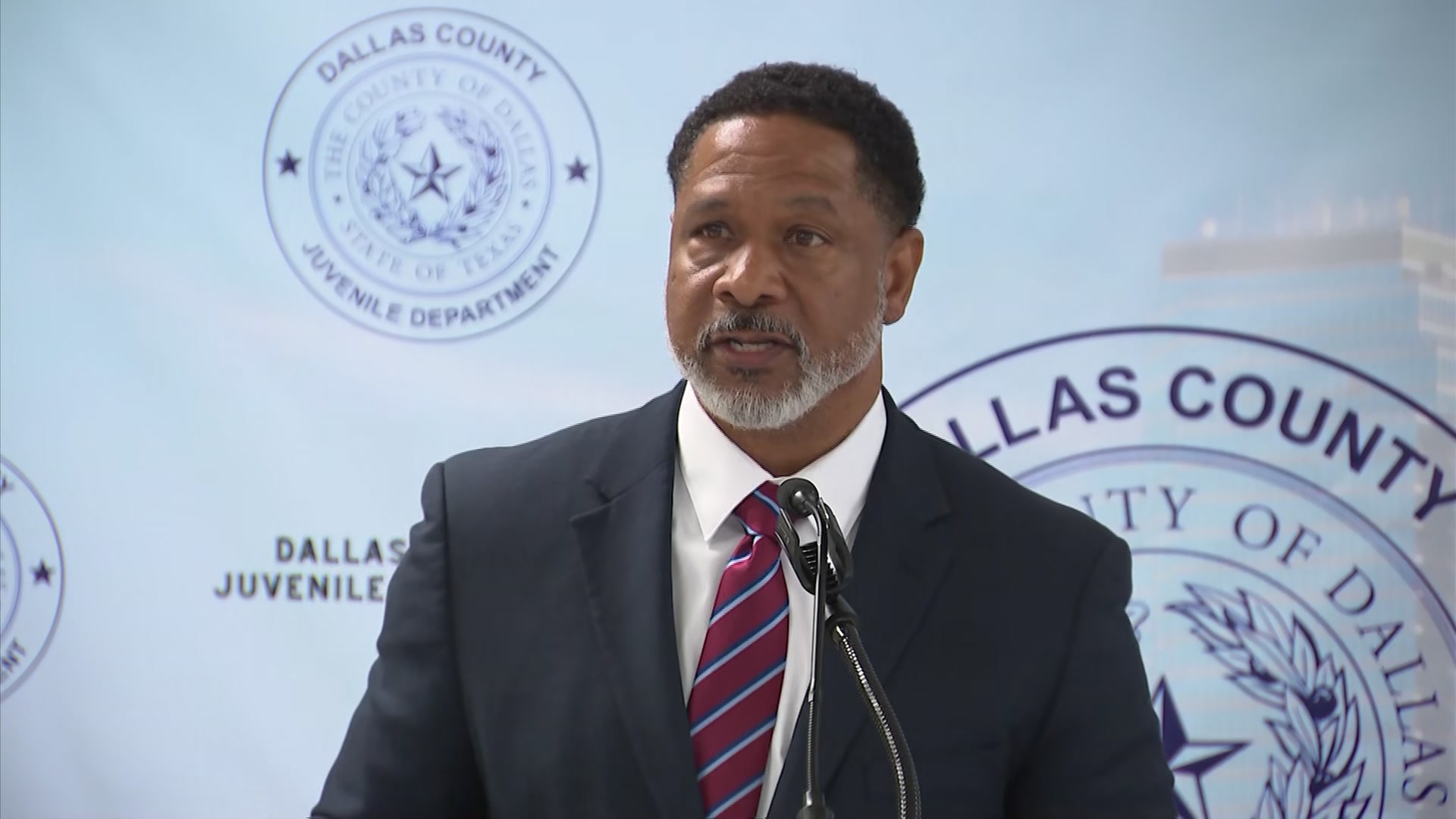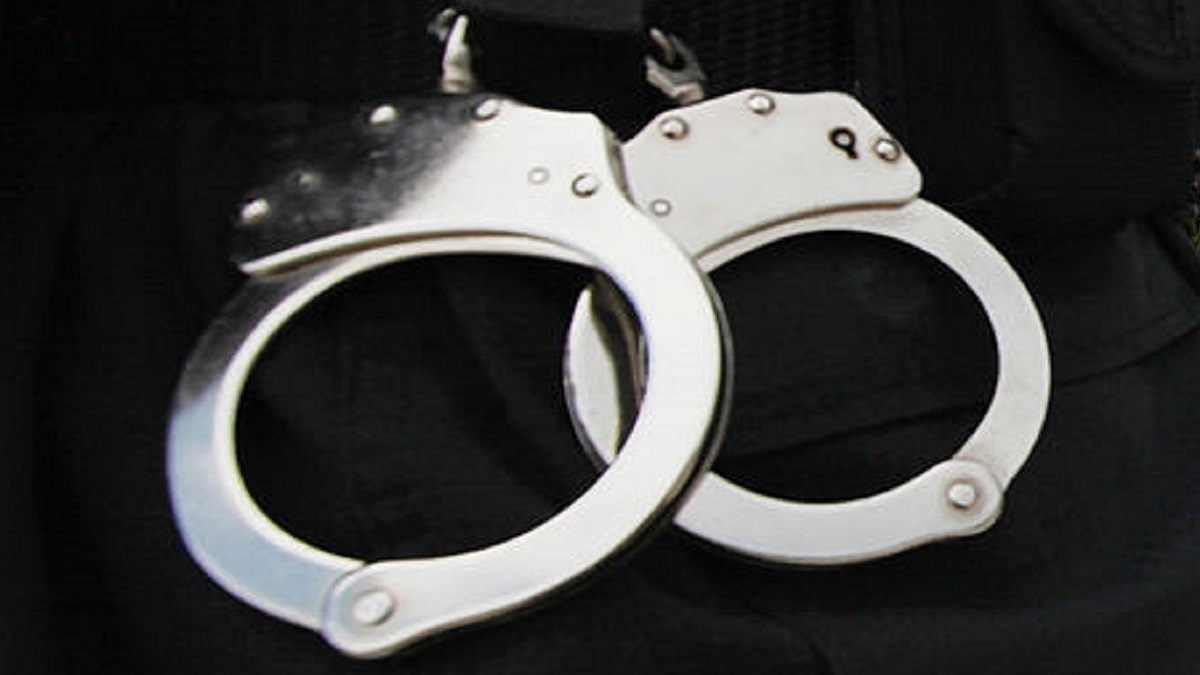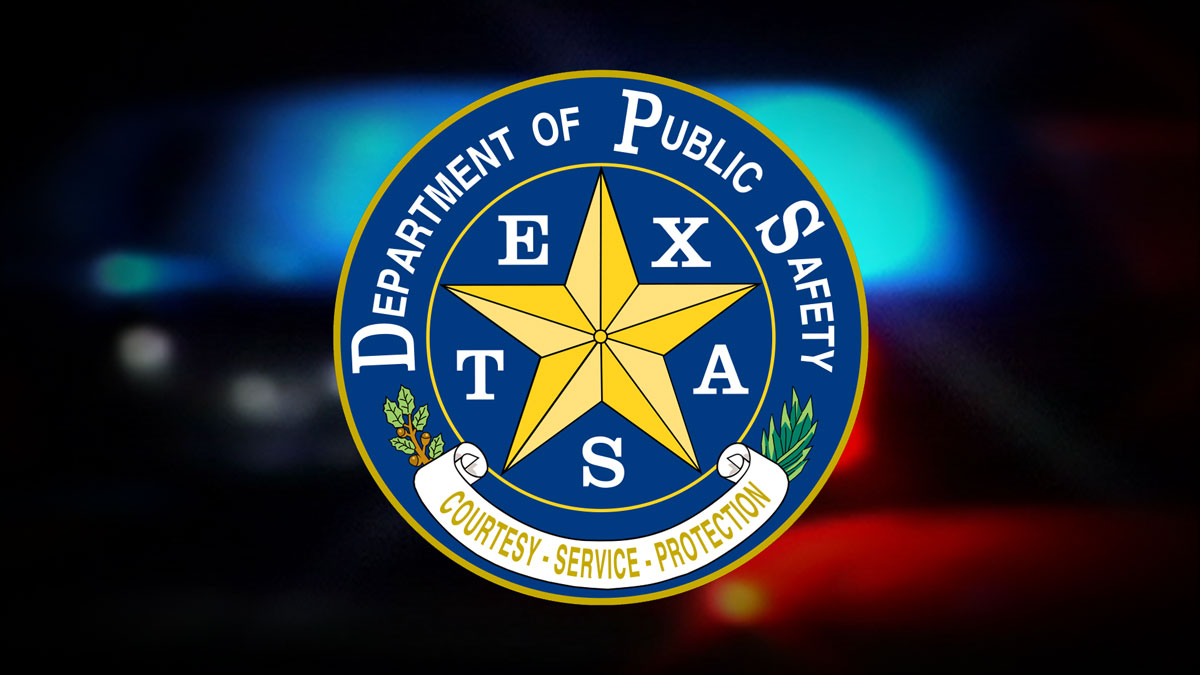
Youth lockups in Texas remain beset by sexual abuse, excessive use of pepper spray, and other mistreatment, including the prolonged isolation of children in their cells, the Justice Department said Thursday in a scathing report that accused the state of violating the constitutional rights of hundreds of juveniles in custody.
The report comes three years after the department launched a federal investigation into alleged widespread abuse and harsh practices within the Texas Juvenile Justice Department, which takes in hundreds of young people every year.
Staff in the detention centers have engaged in sexual acts with children, kept some for stretches of 17 to 22 hours of isolation in their cells and pepper sprayed children in their faces, U.S. Assistant Attorney General Kristin Clarke said in releasing the report.
Clarke also noted that about 80% of Texas children in the lockups are Black or Hispanic.
Get top local stories in DFW delivered to you every morning. >Sign up for NBC DFW's News Headlines newsletter.
“This is a racial justice issue,'' she said. “Our children deserve to be protected from harm and access to essential services.”
Spokespeople for Republican Gov. Greg Abbott's office and the state juvenile justice department did not immediately return emails seeking comment Thursday. The governor's office said it would cooperate with the federal investigation when it launched.
Mental health concerns, such as suicidal ideation and self-harm, were ignored while children were routinely punished for their behavior, according to the federal report. The facilities' inability to address or treat these issues was a violation of the Individuals with Disabilities Education Act, officials said during the announcement.
The Justice Department said in the report that it looks forward to cooperating with the state to address the violations while also raising the potential of a federal lawsuit.
In 2021, the Justice Department opened an investigation into Texas’ five juvenile facilities after advocates filed a complaint.
Texas is not the only state facing federal investigations by the government or lawsuits from formerly incarcerated children over harsh conditions in youth lockups. Clark announced in May a federal probe of conditions in Kentucky’s youth detention centers after a state report found problems with the use of force and isolation techniques. Lawsuits have been filed this year in Illinois, Pennsylvania, Maryland, and New Jersey, alleging harsh treatment of incarcerated children.
TEXAS JUVENILE JUSTICE DEPARTMENT RESPONDS
The Texas Juvenile Justice Department issued the following statement Thursday afternoon in response to the DOJ report.
"At TJJD we are continually working to improve our operations and services to the youth in our care and the communities of Texas we protect. We have a zero-tolerance policy toward abuse and neglect and have always fully rejected any abusive behaviors at our campuses. Thanks to the investment in TJJD by the 88th Texas Legislature and support from the Governor’s Office, we have already made several recent significant improvements in our staffing, mental health care and educational programs. TJJD worked closely with DOJ investigators during their site visits in 2022, the peak of the agency’s unprecedented staffing shortages. We provided extensive responsive material and appreciate the DOJ’s professionalism throughout this process."
In the last two years, TJJD has taken these steps, which have increased supervision and safety at our campuses:
- Raises for direct care staff salaries of 15% (2022), and another 5% in 2023, enabling us to increase our JCO strength by about 30%.
- Hired more mental health professionals and added enhanced stabilization units to provide more intensive supervision and care for youth with high mental health needs.
- Improved training for JCOs, case managers and all campus staff.
- Added a holistic rehabilitative program that uses Dialectical Behavior Therapy, which is already reducing disruptions and self-harm incidents.
- TJJD schools have strengthened their multi-tiered system of support for youth struggling with behavior or academic needs.




